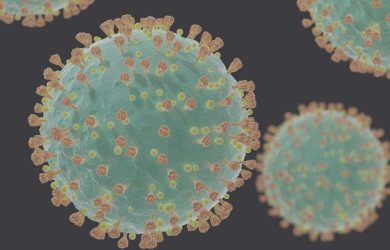
Four Gates Cambridge Scholars will talk about their research, from computer love to what makes an intellectual, at the first internal symposium of the term this Monday.
What can computers tell us about love? What does being an ‘intellectual’ mean? What are the origins of human tool use and how can a lasting peace be built in Sri Lanka?
All these questions will be addressed at the first Gates Cambridge internal symposium of the term on Monday.
The symposium, which runs from 7pm to 9pm in the Gates Room, is for Gates Cambridge Scholars and their friends.
The speakers are:
– David Jimenez Torres [2009] whose topic is: Who are the ‘intellectuals’? David, who is doing a PhD in Spanish, will talk about the origins of the term ‘intellectual’ and its various meanings and will speak specifically about how the Spanish thinkers between 1898 and 1936 debated the way what a ‘true’ intellectual is, how he or she should behave. He says: “The ‘intellectual’ is at this time something like the Loch Ness Monster: everybody talks about it, everyone has heard of it, but few people have actually seen it or know what it is that it’s meant to look like.”
– Victoria Tobolsky [2012], who is doing an MPhil in Human Evolutionary Studies, will speak on Man the Tool-Modifier: Potentially Primitive Origins for the Oldowan [prehistoric stone tool industry]. She will discuss her research which suggests an ancient hominin related to the chimpanzee used stones to cut its food and how this could be the forerunner of human use of tools.
– Janeen Fernando’s topic is In Search of Identity: The Challenges to Peace building in Post-War Sri Lanka. Janeen [2102] who is doing an MPhil in International Relations, says that despite four years of peace in Sri Lanka, new fissures have emerged between the majority ethnic community, the Sinhalese and the minority Tamils and more recently the Muslim community. A particularly disturbing trend, he says, is the use of social media to fan conflict.
– Alex Davies’ talk, How a computer knows when to get married, will address statistics, machine learning, real life, Nassim Taleb’s trading strategy and love. Alex [2010] is doing a PhD in Engineering.
The symposia are held twice a term and are organised by the Gates Scholars Council’s Internal officer Vai Bhardwaj and are one of the most popular events amongst Scholars.
Picture credit: renjith krishnan and www.freedigitalphotos.com












